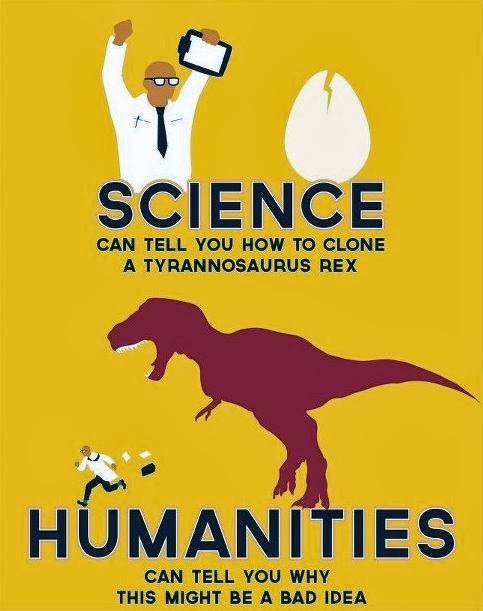Photo courtesy of the Guardian UK. When engaging with policy audiences and organizations, how can one be truthful when telling the whole truth may be counterproductive? This post is part of an occasional series discussing the ethical dilemmas that arise when academics...


